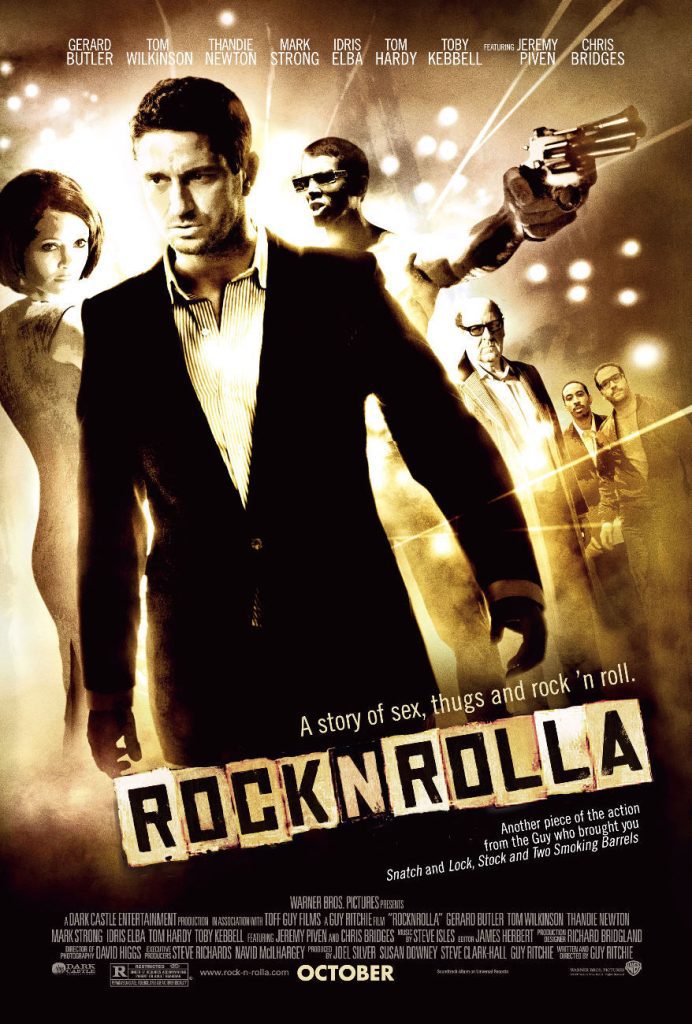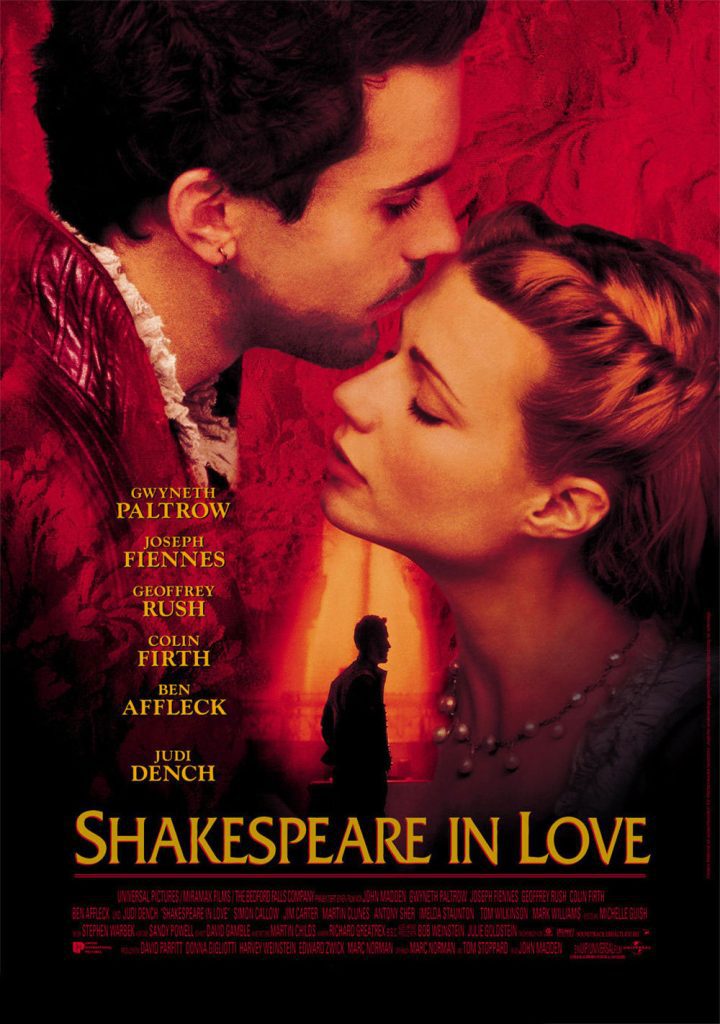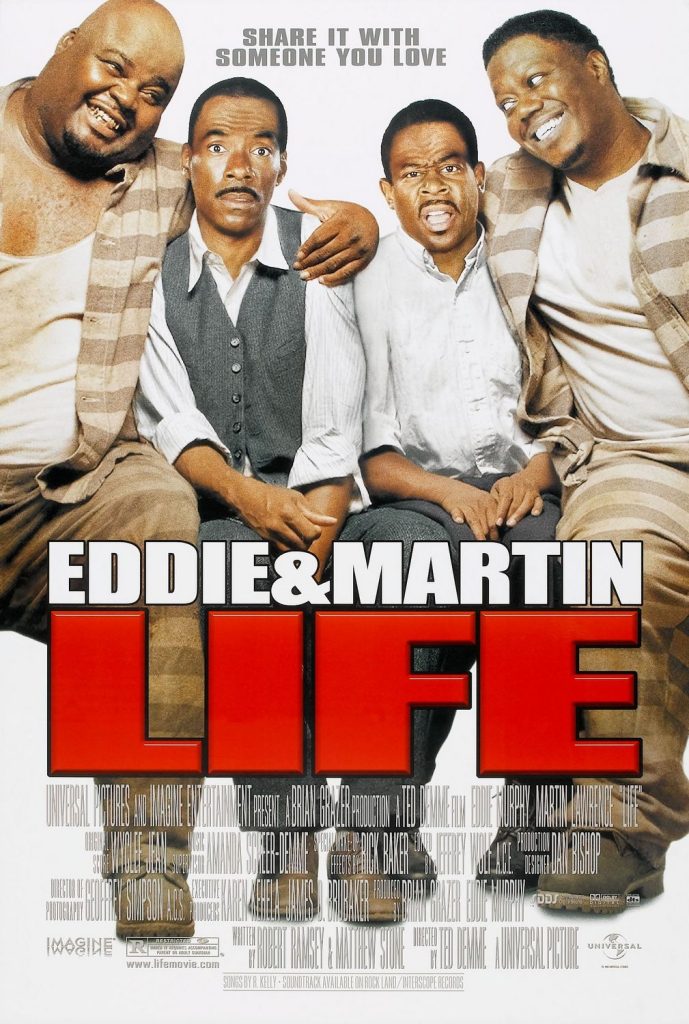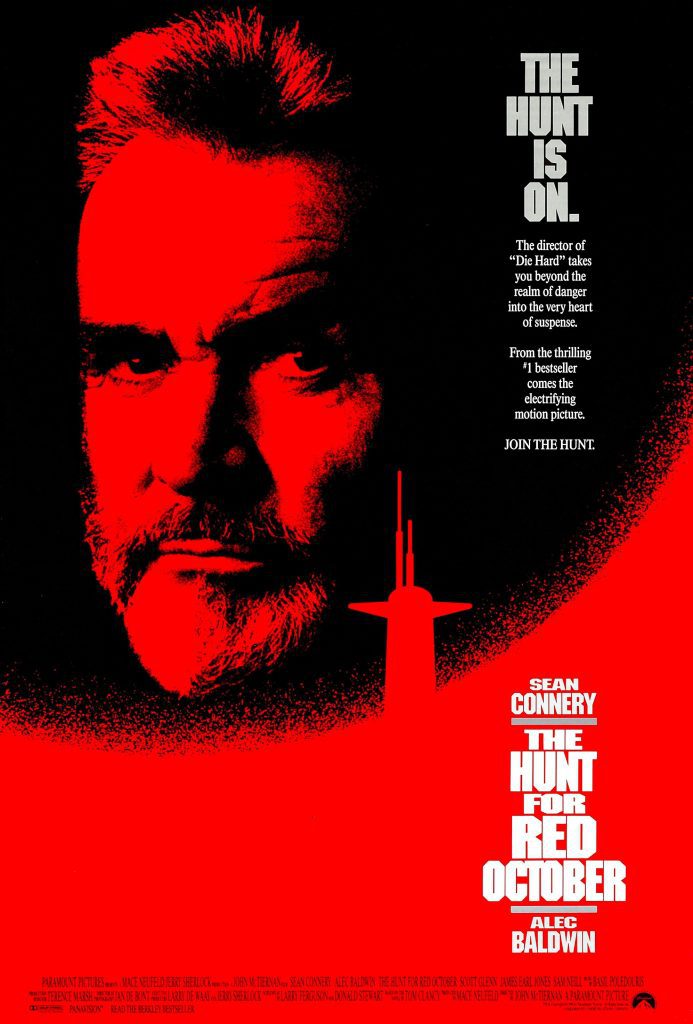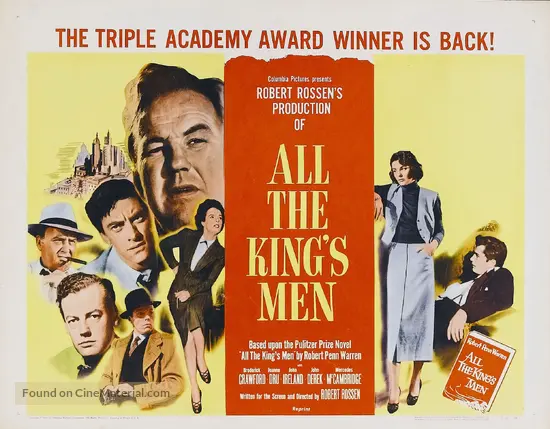
In 1946, Robert Penn Warren’s novel “All the King’s Men” was published. The book, which would later win the Pulitzer Prize, was apparently loosely based on the life and career of Louisiana Governor and U.S. Senator Huey Long (1893-1935). Known as “The Kingfish,” Long created a political machine in Louisiana that he used as a basis for his successful senatorial bid. Writer-director Robert Rossen obtained the book’s film rights and a distribution deal was struck with Columbia. Production stretched over a two-month period beginning in late 1948 with the finished product opening in New York in November 1949. The film was widely acclaimed and went on to receive seven Academy Award nominations, winning in the Best Picture, Best Actor and Best Supporting Actress categories.
Columbia has now released All the King’s Men on DVD in a somewhat lackluster edition.
Small-town political hopeful and future lawyer Willie Stark sees himself as an honest candidate among crooks. After an initial setback, Willie finally realizes that he has an ability to move ordinary people (“hicks” like himself, he likes to say) through his oratory. Enlisting the aid of newspaperman/disappointed intellectual Jack Burden and experienced campaign organizer Sadie Burke, Willie soon progresses to the state governorship. Once in power, Willie initially strives to carry out his campaign promises concerning reform and justice for the poor and disadvantaged, but he becomes increasingly drunk with power. Soon rife with corruption, his administration operates on political favours and blackmail to force through Willie’s desires. The price is steep for Willie, including the loss of his family life and his son’s respect, and eventually efforts to impeach him. But it is not the latter that brings Willie’s downfall.
Certainly there is considerable resonance in All the King’s Men with events in American political life over the succeeding 50-odd years. Whether it’s corruption in high office, questionable sexual ethics, promises unkept, impeachment efforts, assassination, or even simply the name Willie, everyone can relate to aspects of this film as a consequence of what they’ve seen, heard and read. Thus, despite the fact that the film is set in the first half of the twentieth century, it has not dated at all.
In preparing the script for All the King’s Men, Robert Rossen chose to focus the film strongly on Willie Stark. This was a departure from the novel in which the emphasis was much more on the Jack Burden character and the demons of Jack’s life that seemed to keep him in Willie’s camp despite his own increasing misgivings. It would have been a difficult task to bring off the film successfully with such an emphasis, so the decision to put the spotlight on Willie was probably correct. Certainly the result was a happy one for virtually all concerned.
Not the least of those was Broderick Crawford. Crawford had spent more than a decade in a variety of films, mainly in supporting roles or at best the lead in minor-A features. The highlight of his work up until 1949 was probably the screwball comedy The Runaround (1946, Universal). Whatever the film, though, Crawford always came across as a bit of a blusterer someone not particularly smart but able to talk his way out of difficulties. That he was selected to play Willie Stark in All the King’s Men then was not particularly a surprise since that’s essentially what Willie Stark was a blusterer. The two were a perfect fit, and Crawford made the most of his chance with a larger-than-life portrayal for which he won the Best Actor Oscar. It perhaps was not the most deserving performance that year, for in retrospect it is a bit of a one-note effort, albeit a powerful one. That Crawford had limited talents that just happened to result in a happy confluence with the Willie Stark role was borne out in future years. Crawford never again had as important a part and any that approached the Stark role were just variations of it (such as in Born Yesterday [1951, Columbia]).
More persuasive and still potent is the work of John Ireland and Mercedes McCambridge as Jack Burden and Sadie Burke respectfully. Both characters begin as strong independent people who allow themselves first to be hypnotized by Willie’s charisma and then used as fodder to further Willie’s increasingly shady ends. Both appear to recognize what’s happening, but neither can seem to extricate themselves from Willie’s spell. The languid, sad-faced John Ireland is ideal as Burden. His body language says it all about a character that ends up totally disillusioned in his personal and professional life. Sadie Burke’s fate is similar, but Mercedes McCambridge’s dynamic reading of the part clearly conveys that she is willing to fight that fate. At the film’s end, we don’t know what becomes of Jack or Sadie, but we have a pretty good idea which one has the better chance of resurrecting their life. Both players were nominated for Best Supporting Oscars with McCambridge winning in her category. Ireland lost out to Dean Jagger in Twelve O’Clock High.
Unhappily, I have to report that we have here another example of a fine film from the past given less than sterling treatment. It’s not that there’s a terrible looking transfer or horrible sound; it’s the apparent lack of respect by a studio for one of its catalogue resources that not only is head and shoulders above most of what the studio is producing nowadays, but also was a major award winner in the past. Of course, Columbia is hardly alone in this respect. We all know about Warner Brothers’s pathetic record in regard to the classics of which it is custodian. Then, just recently, we had Fox’s contribution to the problem with its treatment of Twelve O’Clock High. And there are other examples.
Anyway, to the details. The DVD presents the film in its original aspect ratio at 1.37:1 full frame with 28 scene selections. The image is okay. It’s clean enough, and crisp enough, with some speckles and scratches that aren’t really distracting, and minimal edge enhancement evident. It looks like they had decent source material that allowed a presentable transfer, so they left it at that. The result certainly doesn’t look like some of Columbia’s best efforts on its black and white films of similar vintage, particularly Gilda or Anatomy of a Murder. The sound is the original mono and it does the job just fine for this dialogue-driven film. Age-related hiss is minimal.
The supplements are a real letdown. The best one consists of two pages of production notes on the case insert pamphlet wherein we learn about how the town of Stockton, California was used for much of the filming. We also get a theatrical trailer, plus trailers for Anatomy of a Murder and Mr. Smith Goes To Washington. Then we have incomplete filmographies (not even any biographical information) for the director and several of the cast members. And that’s it for 1949’s Best Picture!
All the King’s Men is worthy of your time and attention. It has a story that still rings true today and sports a good handful of excellent performances. The film was Robert Rossen’s best achievement in a career which later included The Hustler (1961). Unfortunately, Columbia has chosen to shortchange the film in its DVD release for some reason. I suppose if you don’t have the laserdisc (or if you do but it’s started to rot as Columbia discs are wont to) in your collection, the DVD is worth getting. Otherwise, there’s little reason to upgrade.
For more movies visit Soap2day.

